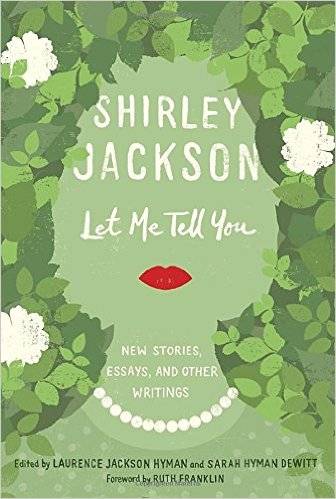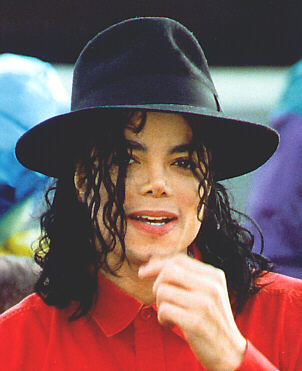

Jackson's husband, the literary critic Stanley Edgar Hyman, wrote in his preface to a posthumous anthology of her work that "she consistently refused to be interviewed, to explain or promote her work in any fashion, or to take public stands and be the pundit of the Sunday supplements. In her critical biography of Shirley Jackson, Lenemaja Friedman notes that when Shirley Jackson's story "The Lottery" was published in the June 28, 1948, issue of The New Yorker, it received a response that "no New Yorker story had ever received." Hundreds of letters poured in that were characterized by, as Jackson put it, "bewilderment, speculation and old-fashioned abuse." She is best known for her dystopian short story, "The Lottery" (1948), which suggests there is a deeply unsettling underside to bucolic, smalltown America. She has influenced such writers as Stephen King, Nigel Kneale, and Richard Matheson.

A popular writer in her time, her work has received increasing attention from literary critics in recent years. A bald description of an incident is hardly fiction, but the same incident, carefully taken apart, examined as to emotional and balanced structure, and then as carefully reassembled in the most effective form, slanted and polished and weighed, may very well be a short story.Shirley Jackson was an influential American author. It is, I think, part recognition and part analysis.

This translation of experience into fiction is not a mystic one.

Fiction uses so many small items, so many little gestures and remembered incidents and unforgettable faces, that trying to isolate any one inspiration for any one story is incredibly difficult, but basically, of course, the genesis of any fictional work has to be human experience. Where do you get your ideas, they ask how do you ever manage to think them up? It’s certainly the hardest question in the world to answer, since stories originate in everyday happenings and emotions, and any writer who tried to answer such a question would find himself telling over, in some detail, the story of his life. “People are always asking me-and every other writer I know-where story ideas come from.


 0 kommentar(er)
0 kommentar(er)
